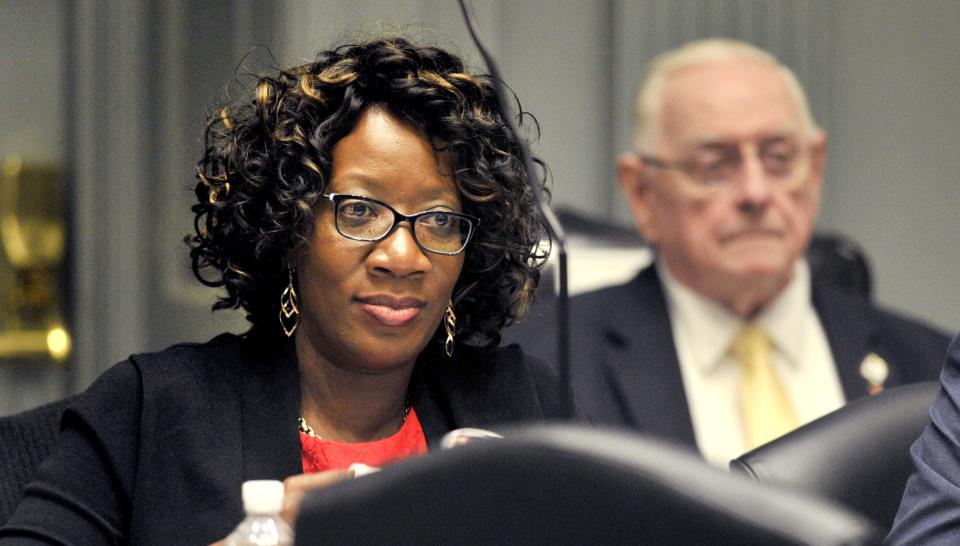We must make more progress providing health care access in Delaware | Opinion
A majority of Americans agree that the coronavirus pandemic has illuminated long standing health care inequalities that disproportionately harm communities of color. I am one of them. According to the CDC, racial and ethnic minority groups throughout the United States experience higher rates of illness and death when it comes to diabetes, hypertension, obesity, and even maternity.
My home state of Delaware has not escaped this healthcare disparity. Despite being ranked the sixth best state in healthcare quality by the US News and World Report in 2019, Delaware has struggled to provide similar healthcare to minority residents as it does white residents. For instance, African American and Hispanic men were found more likely to be diagnosed later and die sooner from chronic disease when compared to their white counterparts. Not only this, but across all three of Delaware’s counties, African American babies have a significantly higher rate of infant mortality than white babies.
I have seen firsthand how tough it is for members of predominantly minority communities to access quality healthcare. They are more likely to live in poverty, in areas with high pollution and substandard educational systems and housing. These social determinants of health, exacerbated by structural racism and limited access to health care, place these communities at higher risk of developing health issues.
A 2017 report published by the Union of Concerned Scientists highlighted just how negative pollution's effects really are. When they compared resident’s in Delaware’s industrial corridor, a collection of working-class neighborhoods such as Marshalton, with the affluent, nearby town of Greenville, they found that those living in the industrial corridor had a 33% higher chance of dying from cancer. Marshalton is a stone's throw away from the district I represent. That is why I refuse to sit idle while the people who trust me to make their lives better suffer.
As chair of the legislative Black caucus, I helped create a taskforce that specifically studies racial disparities in our state. It can be tough work, but thankfully, our caucus is not alone in the fight to improve healthcare provided to minorities in our state. The fight against cancer is evidence of this. Cancer is a disease that affects minorities at a much higher rate than whites and just two decades ago, Delaware had one of the highest cancer death rates in the country, according to NPR. However, a program called Screening for Life was introduced which pays for residents to get screened for cancer and “if cancer is found, [they] will also cover up to two years of treatment.” The results speak for themselves. When compared to 2003-2007, the period of 2013-2017 saw a 26% decline of cancer-related death in black men.
There are more wins, but there is still a lot more that can be done. If we want to improve the overall health of minorities in this state, two issues need to be addressed. The first is the lack of health insurance amongst people of color. In Delaware, roughly 6.6% of the state’s population is uninsured, a figure that has been trending upwards over the past three years. The second piece of the equation is restoring minority trust in the healthcare system. A study conducted by Langer Research Associates found that just 14% of Black Americans and 34% of Latinx Americans had trust in the safety of the COVID-19 vaccine — a figure that becomes even more alarming when considering how the pandemic disproportionately affected minorities.

Delaware’s success in reducing minority cancer-deaths is a massive win for our state and proves that we have what it takes to make even more progress towards ending the healthcare disparity. However, we must not become complacent. I am going to continue to fight for these citizens, and I am counting on the rest of the state to join me. Their lives depend on it.
Rep. Kendra Johnson represents the 5th District.
This article originally appeared on Delaware News Journal: Delaware health care disparity for minorities must be fixed

